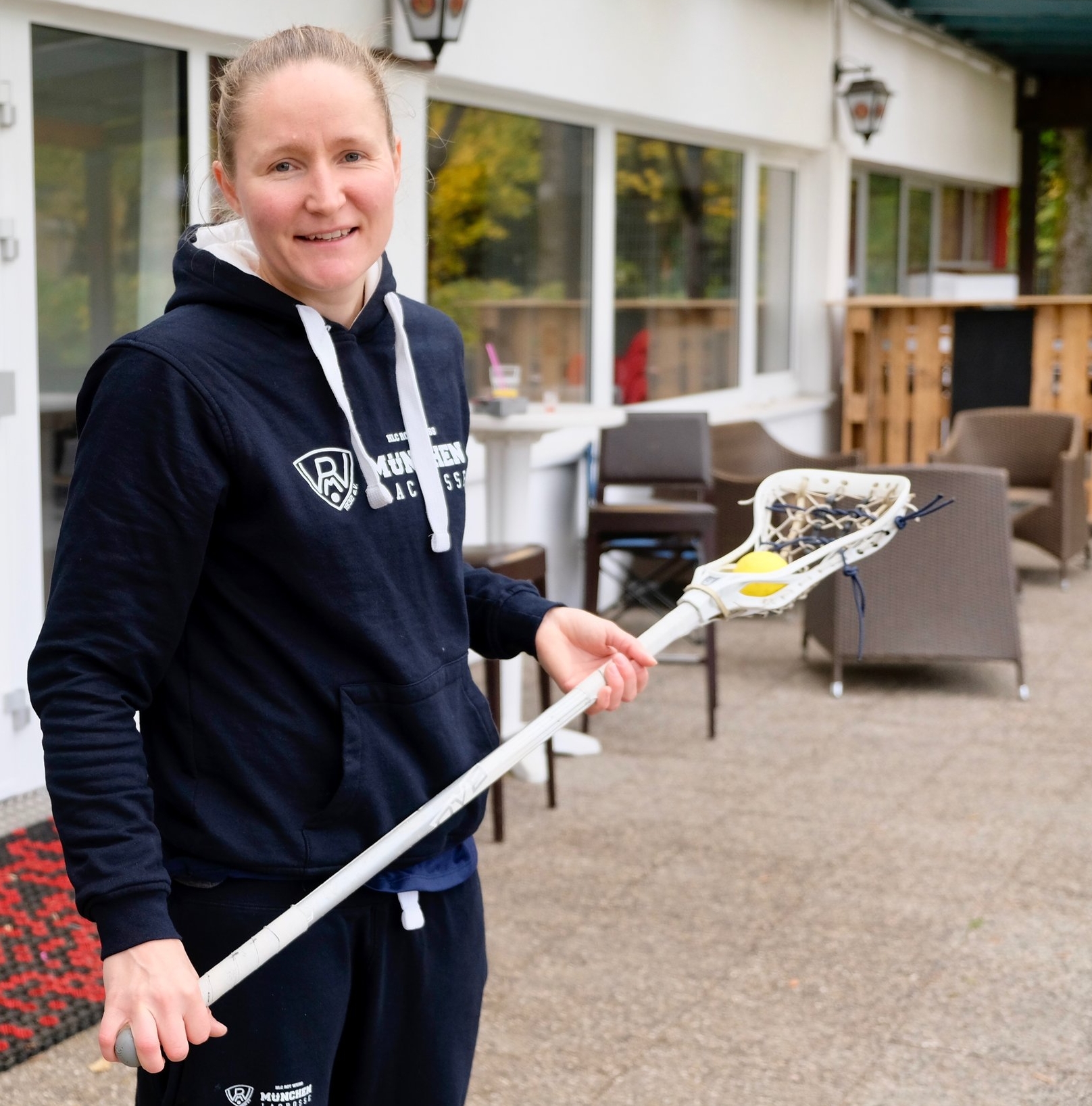My editor’s suggestion that I take up an offer from Ireland’s tourist board to visit the country’s Viking heritage sounded interesting enough. But the caveat was we’d need to tie it to the phenomenally successful Vikings TV series, which is shot and produced here. I’d only ever seen the first programme and didn’t watch any more - it was clearly great entertainment but I wasn’t sure I wanted to sit through hours and hours of graphic depictions of violent Vikings.
Nevertheless, after a day and night at Iteland’s smallest and oldest city, Waterford, which has recently been selling itself as a Viking tourist destination, heading over here was the right decision. Local government finance, and historians and archaeologists, have done a great job, epitomised in King of the Vikings, a quite superb - and apparently the ‘world’s first - virtual reality Viking adventure. Open seven days a week and hugely popular, it’s just a few minutes from Reginald’s Tower, a medieval structure built by King John of England and Ireland, and named after the Viking leader who founded Waterford in 914.
The virtual reality show is housed in a recreated straw-topped Viking-era house. Visitors put on earphones and a headset, and they are wowed by a series of stories that vividly come to life - in astoundingly virtual reality. There are battle scenes, Viking ships on fire in the sea, villages ablaze, a globe that sweeps right up to your eyes, speeches and countless other events and incidents that make you feel as though you really are an observer to Viking history in Ireland.
Each head set costs between €1,500 and €2,000, and though they are a touch unwieldy the result is impressive - no doubt as technology moves on, the next iteration will see a reduction in size.
A decade or so ago, Waterford was suffering from the usual post-industrial challenges, but investments have transformed parts of the city into a genuine tourist hub. There’s a replica Viking ship, a fine Medieval Museum, replete with the only complete Cloth of Gold in Europe, Henry VIII’s hat and also a sword from the same king, and the Georgian Bishop’s Palace, plus an improving hotel and restaurant scene
Now we’re moving on to Dublin for more Viking-related history.
Carved from a single tree, the Viking sword has a multitude of markings [© Paul Wheatley]
![King of the Vikings virtual reality exhibition and the world’s largest Viking sword, carved on a fallen tree [© Paul Wheatley]](https://images.squarespace-cdn.com/content/v1/5aab94b796d45585b7f8d5c1/1542102434785-EU2LS6N05CNH7Z2PCJFX/IMG_0496.JPG)
![Carved from a single tree, the Viking sword has a multitude of markings [© Paul Wheatley]](https://images.squarespace-cdn.com/content/v1/5aab94b796d45585b7f8d5c1/1542102541159-KMFN6PVX5LTN73V0MOYW/IMG_0498.JPG)










